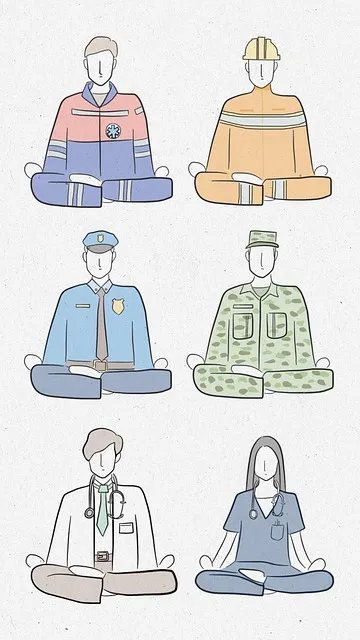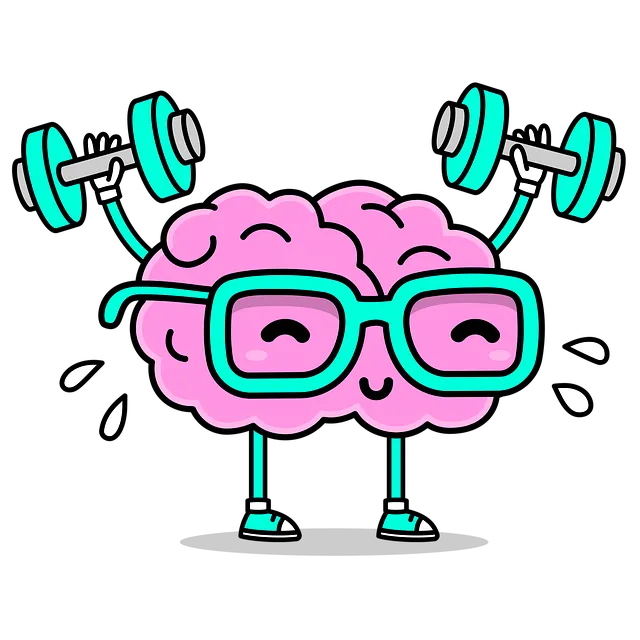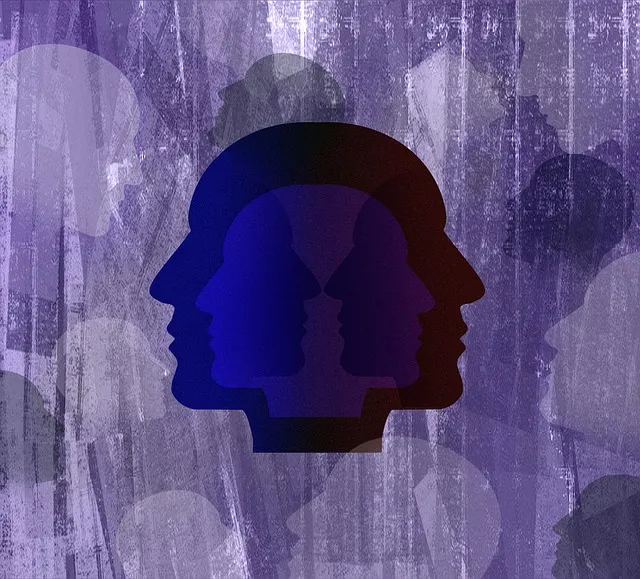The Golden Kaiser mental health programs tackle the significant barrier of stigma surrounding mental illness through comprehensive educational initiatives. By offering workshops on self-care, social skills, and mindfulness meditation, these programs foster empathy, community, and belonging. Their approach, including Inner Strength Development and Stress Management Workshops, equips individuals with evidence-based stress management techniques, promotes early intervention, and breaks down societal barriers. Through media representation and community engagement, Golden Kaiser programs normalize mental health conversations, encouraging help-seeking behaviors in a supportive, non-judgmental environment.
Mental illness stigma remains a pervasive barrier to treatment, yet concerted efforts are reshaping public perception. This article delves into the multifaceted strategies aimed at reducing mental health stigma, exploring key initiatives like Golden Kaiser mental health programs, educational campaigns, media portrayals, and community engagement. Understanding these approaches is crucial in fostering a more supportive environment where individuals can openly seek help without fear of judgment. By examining these efforts, we can contribute to a growing movement toward destigmatization and improved mental well-being.
- Understanding the Stigma Surrounding Mental Illness
- The Role of Golden Kaiser Mental Health Programs in Reduction Efforts
- Educational Initiatives and Their Impact on Public Perception
- Media Representation and Its Influence on Stigma
- Community Engagement Strategies for a More Supportive Environment
Understanding the Stigma Surrounding Mental Illness

The stigma surrounding mental illness is a pervasive issue that often prevents individuals from seeking help and support. This societal misconception can lead to discrimination and isolation, creating a barrier for those struggling with their mental health. Many people associate mental illness with weakness or personal failure, which is far from the truth. Mental health challenges are medical conditions just like any other, requiring professional care and treatment.
Golden Kaiser mental health programs aim to dispel these myths and offer comprehensive support. By educating communities about the nature of mental illness, they encourage empathy and understanding. These programs often include initiatives such as Self-Care Practices, Social Skills Training, and Mindfulness Meditation workshops, which not only assist individuals in managing their symptoms but also foster a sense of community and belonging.
The Role of Golden Kaiser Mental Health Programs in Reduction Efforts

Golden Kaiser Mental Health Programs play a pivotal role in reducing stigma surrounding mental illness. These programs offer a range of initiatives designed to educate communities and foster understanding. By hosting workshops, seminars, and support groups, Golden Kaiser facilitates open dialogues about mental health, breaking down barriers and promoting empathy. Their focus on Inner Strength Development empowers individuals to manage stress effectively using evidence-based techniques.
In addition, these programs organize Stress Management Workshops that teach valuable coping strategies, enabling participants to navigate life’s challenges with resilience. Through such comprehensive approaches, Golden Kaiser Mental Health Programs are making significant strides in destigmatizing mental illness and fostering a more supportive societal environment.
Educational Initiatives and Their Impact on Public Perception

Educational initiatives play a pivotal role in reducing the stigma surrounding mental illness by equipping both the general public and mental health professionals with valuable knowledge and skills. Programs like Golden Kaiser Mental Health Initiatives have been instrumental in fostering understanding and empathy. These educational efforts delve into various aspects, including recognizing common signs and symptoms of mental health disorders, promoting early intervention strategies, and providing insights into effective communication techniques for a supportive environment.
Through interactive workshops, seminars, and awareness campaigns, these initiatives break down barriers and misconceptions. They emphasize the importance of accurate information dissemination to combat false stereotypes. Moreover, healthcare provider cultural competency training and risk assessment tools become essential resources, enabling professionals to offer tailored care while ensuring patient safety. Such educational steps contribute significantly to creating a more accepting society where individuals can access mental health support without fear of judgment.
Media Representation and Its Influence on Stigma

Media representation plays a pivotal role in shaping societal perceptions about mental illness and can significantly impact stigma reduction efforts. Often, the way mental health is depicted in movies, television shows, and news media influences public opinion and contributes to either perpetuating stereotypes or fostering understanding. Positive portrayals of individuals navigating mental illness through Golden Kaiser mental health programs, for instance, can encourage viewers to view these conditions as manageable and treatable, thereby reducing stigma.
Emotional healing processes, mood management, and self-care routine development for better mental health are often showcased in these media platforms. When media portrays individuals openly discussing their experiences with mental illness without judgment, it normalizes the topic and paves the way for more open conversations. This shift can lead to increased empathy and support for those facing mental health challenges, ultimately contributing to a more accepting society where people feel empowered to seek help.
Community Engagement Strategies for a More Supportive Environment

Community engagement is a powerful tool in the fight against mental illness stigma. By fostering open dialogues and educational initiatives within local communities, we can create a more supportive environment where individuals feel comfortable seeking help. Golden Kaiser mental health programs actively involve community members through workshops, awareness campaigns, and peer support groups, focusing on promoting understanding and empathy. These strategies not only aim to reduce the stigma but also empower individuals with knowledge about self-care practices and tools for maintaining good mental health.
One key aspect of these engagement efforts is encouraging open conversations around mental wellness. Educating the public about the various forms and symptoms of mental illness can dispel myths and misconceptions. Moreover, initiatives that highlight successful recovery stories inspire hope and encourage individuals to pursue support without fear of judgment. Additionally, integrating self-esteem improvement techniques into community programs equips people with resilience against stigma, fostering a culture where mental well-being is prioritized and supported.
Mental illness stigma reduction is a multifaceted effort that involves education, community engagement, and responsible media representation. As discussed in this article, Golden Kaiser mental health programs play a significant role in destigmatizing mental health issues through comprehensive initiatives. Educational campaigns have proven to be powerful tools in shaping public perception, while strategic media representation can either perpetuate or alleviate stigma. Ultimately, fostering supportive communities through active engagement is key to creating an environment where individuals with mental illness feel understood and supported.






